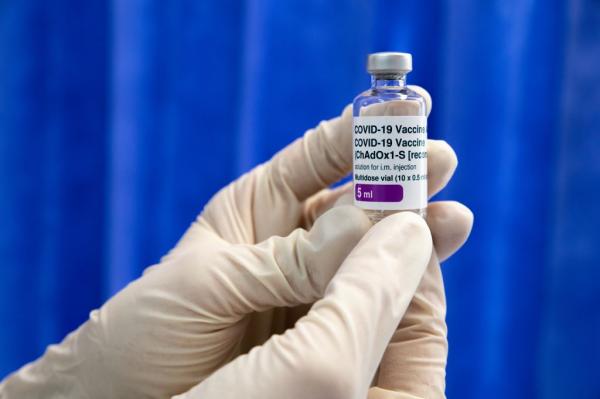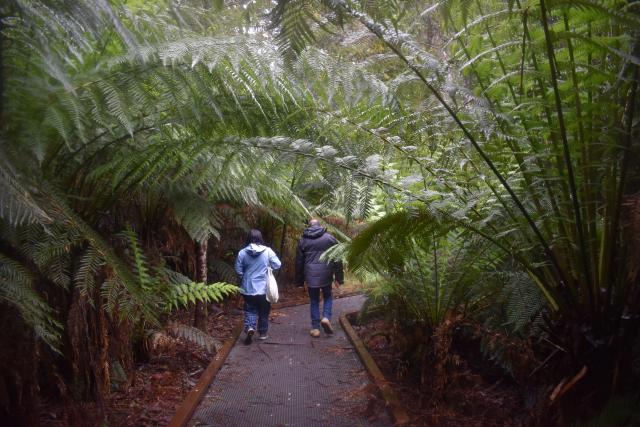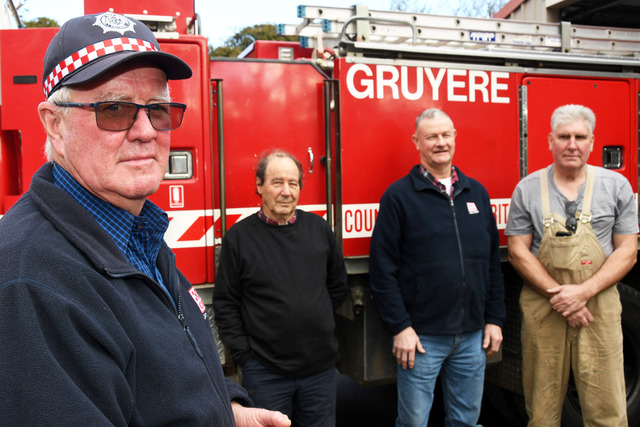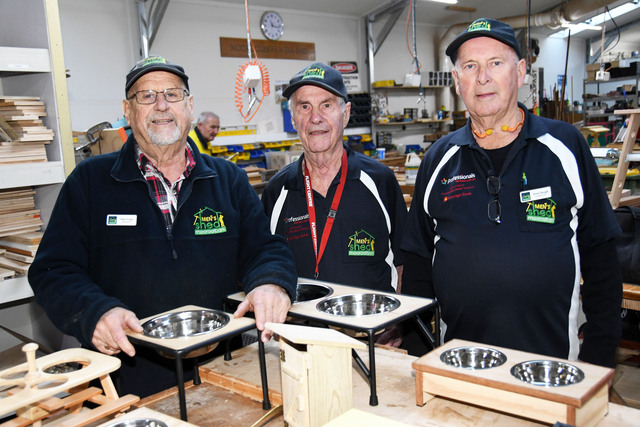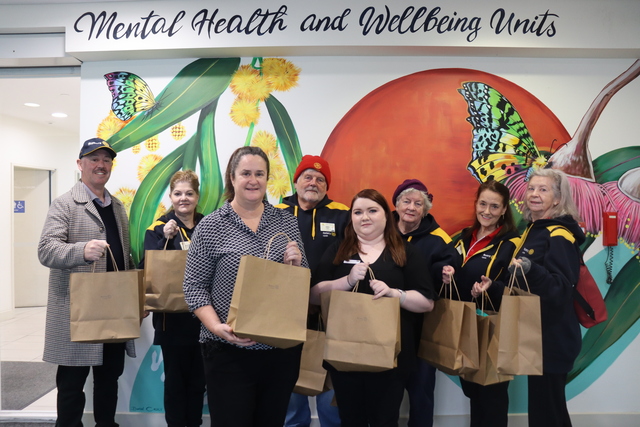The Victorian Government is making sure the return to the classroom is as safe as possible, with the biggest investment in education ventilation in Australian history to be rolled out across Victorian schools as part of a plan to keep school communities protected with the Three Vs: Ventilation, Vaccination and Vital COVIDSafe Steps.
To help slow the spread of coronavirus in school settings, the Government is investing more than $190 million in initiatives ready to implement in schools across Victoria to ensure that once they’re back open, they stay open.
The Chief Health Officer also announced that vaccinations will also be made a requirement of work for staff in schools and early childhood settings to protect children, staff and the broader community.
In order to work, all staff in schools and early childhood services will be required to have a first dose by 18 October or have a booking within one week, with full vaccination required by 29 November unless a medical exemption applies – including in government and non-government schools and all types of early childhood and care settings.
From the start of Term 4, 51,000 air purification devices supplied by Samsung will be rolled out to all government and low-fee non government schools to remove potentially infectious particles – like coronavirus – from higher-risk areas in schools including staff rooms, sick bays, music rooms and other high traffic areas.
“I know Victorian families can’t wait to see their kids back in the classroom – but we need to keep them safe once they’re there, and we’re delivering ventilation devices to prevent as much transmission on school sites as possible,” education minister James Merlino said.
“With a roadmap in place to get all students back to school safely, we’ll make sure every single Victorian child is supported when they’re back in the classroom – whether that’s with their schoolwork or their wellbeing.”
In addition, these 2,149 schools will all be entitled to a grant of up to $25,000 to purchase shade sails – with $60 million to create more outdoor learning spaces and make it easy for classes to be conducted outside. This program complements the Department of Health’s existing School Shade Grants Program.
Throughout the school holidays and Term 4, infrastructure audits, ventilation assessments, and CO2 monitoring that has already started will continue in a sample of schools to identify any further actions that can be taken to make schools even safer – and will also cover a number of early childhood education services co-located on school sites.
While our top priority is getting students back to school quickly and safely, we are establishing a Ventilation Technical Advisory Panel to undertake further risk assessments of other environments – for example, early childhood settings and youth justice facilities, which will help inform future ventilation measures.
Early childhood education minister Ingrid Stitt said was pleased with the decision to make vaccinations a requirement for work in childcare settings.
“We welcome the decision by the Chief Health Officer to make vaccination a requirement of work for all staff in schools and early childhood education settings ─ helping protect our children and dedicated education workforce as we begin to safely open,” she said.
The Department of Education and Training will support principals to implement this requirement in the coming weeks, with all government school staff entitled to a half-day of paid time off to get their vaccination, and staff – alongside families and students over 12 – are urged to book in and protect themselves as soon as possible.
Masks will remain mandatory for secondary school students and all adults, helping to prevent transmission – and they are also strongly encouraged for primary school-aged children wherever possible.
Schools have already implemented measures like staggered pick-up and drop-off times, QR code check-ins for any essential visitors, and as much physical distancing as is possible in classrooms – and when students return, will limit mixing among year levels and use large spaces like halls and gyms where possible.
Until the public health team advises that higher-risk activities are safe to resume – and in line with the timelines set out in the broader roadmap – schools will also postpone indoor and contact sports, camps, excursions, assemblies and performances to prevent the spread of the virus.
While home testing is not yet approved by the Therapeutic Goods Administration, a small trial of home antigen testing will start soon with school children and families, overseen by health experts, to explore their feasibility in a range of education settings – helping to inform our future use with larger cohorts once home testing is approved.

